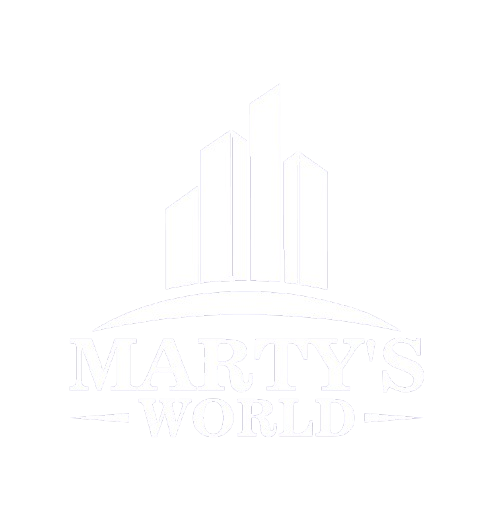The real estate industry is evolving, driven by a wave of cutting-edge technologies that are not only transforming the way properties are built and managed but also reshaping how they’re valued. Smart systems are becoming an integral part of the property market, improving everything from efficiency and sustainability to the overall value of residential and commercial properties.
The Rise of Smart Homes and Buildings
In recent years, smart homes have become synonymous with modern living. IoT devices (Internet of Things) like thermostats, smart lights, security cameras, and home assistants like Alexa and Google Home have gained immense popularity. These technologies enable homeowners to control various aspects of their home remotely, resulting in increased convenience and energy efficiency.
But it’s not just about convenience. Smart systems are also becoming vital in property valuation. Homes that are equipped with smart technologies are seen as more advanced and future-proof, which significantly boosts their market appeal. Energy-efficient homes with smart systems not only reduce operating costs but also appeal to environmentally conscious buyers, making them more attractive investments in the long term.
Smart Technology in Commercial Real Estate
In commercial real estate, smart technologies are transforming everything from property management to tenant experience. Smart building systems now incorporate sensors that optimize energy use, improve air quality, and provide real-time data on building occupancy. These systems help owners and managers reduce operational costs, improve tenant satisfaction, and even increase the lifespan of buildings.
With the integration of smart systems, landlords can monitor HVAC (Heating, Ventilation, and Air Conditioning) systems remotely, ensure energy consumption is kept at a minimum, and even adapt lighting and climate to optimize employee productivity. This technological shift leads to higher tenant retention rates and ultimately results in better property valuations.
The Role of Artificial Intelligence in Real Estate Valuation
AI and machine learning are playing an increasingly important role in the real estate market. These technologies can analyze vast amounts of data to forecast trends, predict property values, and even guide investment decisions. By integrating AI-powered valuation models, investors can more accurately assess the future worth of a property, minimizing the risks associated with real estate investments.
AI also aids in market forecasting by processing data on market trends, historical sales, and location dynamics, offering insights into the properties with the highest potential for growth. For real estate professionals, this means more informed decision-making, leading to smarter investments and higher returns.
Sustainability and Smart Systems in Real Estate
Sustainability is another key factor driving the rise of smart technologies in real estate. Green building certifications like LEED (Leadership in Energy and Environmental Design) and BREEAM (Building Research Establishment Environmental Assessment Method) are becoming more common, and smart systems play a crucial role in achieving these certifications. Sustainable buildings with energy-efficient technologies not only help reduce environmental impact but also attract high-end tenants and buyers who are willing to pay a premium for sustainable living spaces.
Furthermore, as governments worldwide continue to push for stricter environmental regulations, properties equipped with smart, energy-efficient systems are increasingly in demand. This trend ensures that properties with advanced smart technologies retain long-term value and appeal.
The Future of Real Estate: A Tech-Driven Market
The future of real estate lies in the continued integration of smart systems, offering enhanced value for both homeowners and investors. With AI, IoT, and sustainable technologies shaping the industry, the potential for smarter, more efficient properties is virtually limitless. As the market evolves, those who adapt to these changes will see their investments grow, making smart systems a critical component of the modern real estate landscape.

